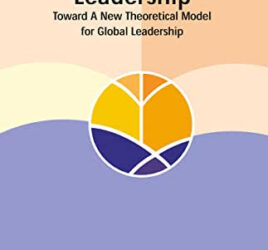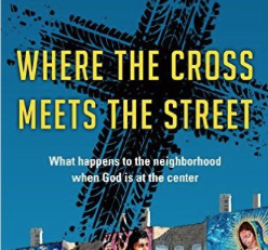Corrie De Boer, the well-known Filipina urban theologian and practitioner, describes author Patrick Hobbs as “a compassionate urban pastor who grapples with justice issues and the complexity of the political, social, economic, and environmental and missiological challenges of the megacity.”[1] In his book Dawn Reapers, Hobbs unpacks the complexity of ministry among the urban poor in Manila through sharing a series of stories from the slums. It is his hope that the reader will see how God uses the poor themselves as agents of transformation in their own neighborhoods and on the frontlines of urban mission.
Dawn for the Poor (in Tagalog Bukang Liwayway) is an organization and movement among the urban poor in Metro Manila, run mostly by new Christians from the slums themselves. The movement is inspired by several current and effective missiological strategies, namely friendship evangelism, the house church movement, the insider movement, holistic development work, and transformational urban missions. Hobbs is professor at Asian Theological Seminary (ATS) in the MA in Transformational Urban Leadership (MATUL) program. This program was birthed through Viv Grigg (see other book reviews by this author) and is also offered at Azusa Pacific University (APU) in California as well as several other locations. It was my privilege to attend a course at ATS, meet several students from APU in the MATUL program, and visit the site of one of Grigg’s staff in a Manila slum.
Reading Dawn Reapers was great preparation for my 8-day intensive course held in Manila, during which we numerous people and organizations mentioned in the foreword by De Boer. Although it was hard to visualize what it looked like when I was reading the book, it gave me a far greater context to experience the actual site visits and seeing it with my own eyes. When we attended a small house church service in the slum, I could appreciate the values of empowering the new Christians with leadership responsibilities, and of keeping programs and structures simple and sustainable. The white American missionary, married to a Filipina, lived on the first floor. He purposely held himself back to allow the young believers lead from the front.
It is an impressive model of ministry with great success, as is apparent from the numerous stories shared in Dawn Reapers. The Gospel is kept simple and practical, meeting the real felt needs of slum dwellers and playing basketball with the gangs. New Christians are easily and quickly integrated in the small home fellowships, given roles of responsibilities early on. Like a virus, lives are truly transformed by the power of the Holy Spirit as the Good News spreads from one to another.
Although Hanoi doesn’t have any slums such as in Manila, the model for working with the urban poor is still inspiring and applicable in my city. I am not directly involved in hands-on ministry with nationals, but I do relate to the ministry leaders through our Love Hanoi campaign. Like in many developing nations, Vietnamese gravitate towards the West and materialism, which makes it tempting to create dependency. I must be careful not to create a false expectation that I know better, have access to greater resources, and that my model of ministry at the international church should be emulated. Like the white American missionary in the Manila slum, I want to empower local leaders to be the best leaders they can be running sustainable and interdependent urban ministries.
By Jacob Bloemberg
[1] Patrick Hobbs, Dawn Reapers: Stories of Faith Spreading from the Philippines’ Urban Poor (Manila, Philippines: OMF Literature Inc., 2012), 12.




